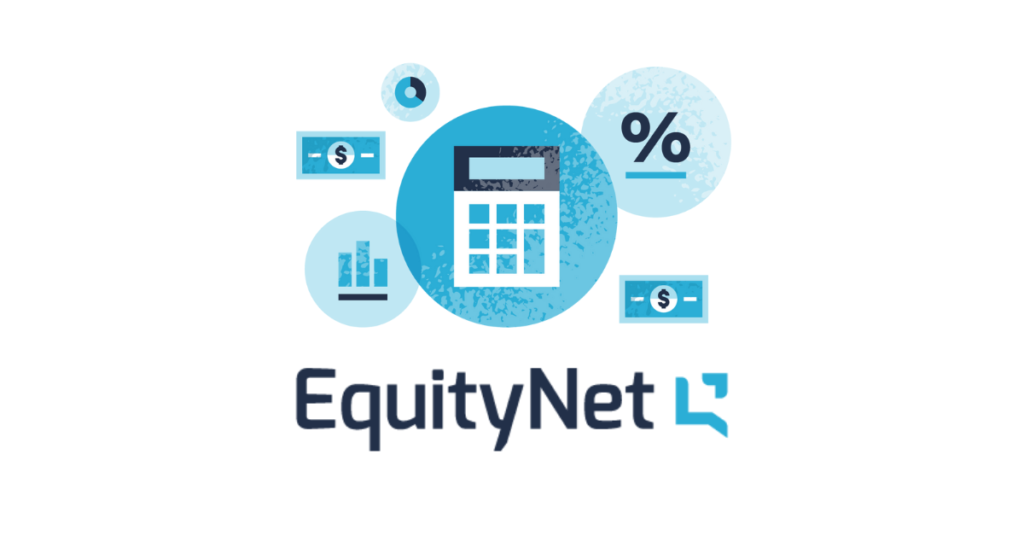Starting a new business is like setting out on an adventure. You have your vision, a solid plan, and endless enthusiasm. But, let’s face it, every great adventure needs funding.
Enter seed money – the essential fuel to kickstart your startup engine.
If you’re wondering what seed money is and how you can get it, you’re in the right place. Let’s dive into the nitty-gritty of seed funding, from understanding its basics to knowing where and how to get it.
What is Seed Money?

Seed money, also known as seed capital or seed funding, is the initial investment used to start a business. Think of it as the fertilizer for your entrepreneurial garden. It’s the early-stage funding that helps you cover the costs of developing your product, conducting market research, and other initial expenses.
Seed money can come from various sources, and it’s often exchanged for equity in your company.
Why is Seed Money Important?
Without seed money, many brilliant ideas would remain just that – ideas. This funding is crucial because:
- Covers Early Expenses: From prototyping to hiring key team members, seed money covers the foundational costs.
- Validates Your Business Idea: Attracting investors or raising seed money indicates that others believe in your concept.
- Builds Momentum: It gives you the initial push needed to move your business forward and attract further investment.

Sources of Seed Money
Finding the right source for seed money can make all the difference. Here are some common avenues to explore:
Personal Savings
Using your own money might seem risky, but it shows potential investors that you have skin in the game. It’s a strong statement of belief in your idea.
Friends and Family
Those closest to you can be your first investors. While this can be a great way to get started, be sure to treat these investments as professionally as possible to avoid straining personal relationships.
Angel Investors
These are affluent individuals who provide capital for startups in exchange for ownership equity or convertible debt. Angel investors can be found through networking events, online platforms, and startup competitions.
Venture Capital Firms
Though typically involved in later stages, some venture capitalists (VCs) participate in seed funding. They bring not only money but also mentorship and a wealth of industry connections.
Crowdfunding

Platforms like Kickstarter, Indiegogo, and EquityNet allow you to raise small amounts of money from a large number of people. This method also helps you validate your product and build a customer base early on.
Business Incubators and Accelerators
These programs provide seed money, mentorship, and resources in exchange for equity. They’re great for startups needing both funding and guidance.
Steps to Secure Seed Money
Getting seed money isn’t just about having a great idea. It’s about convincing others that your idea is worth investing in. Here’s a step-by-step guide:
1. Develop a Solid Business Plan
Your business plan should outline your vision, target market, revenue model, and financial projections. It’s your blueprint and a critical tool for convincing investors.
2. Create a Minimum Viable Product (MVP)
An MVP is a basic version of your product that demonstrates its core features. It’s a tangible proof of concept that can attract investor interest.
3. Network Relentlessly
Attend industry events, join startup communities, and connect with potential investors. Networking can open doors to funding opportunities.
4. Prepare a Compelling Pitch
Your pitch should succinctly communicate your vision, market potential, and the unique value of your product. Practice until you can deliver it confidently and naturally.
5. Reach Out to Potential Investors
Identify investors who have a history of funding businesses in your industry. Tailor your pitch to align with their interests and investment criteria.
Crafting Your Seed Money Pitch
Your pitch is your chance to make a lasting impression. Here’s how to make it count:
Tell a Story
Start with a story that highlights the problem you’re solving. Make it relatable and engaging.
Highlight Your Unique Value Proposition
Clearly explain what sets your product apart from the competition. Why should investors believe in your solution?
Showcase Your Team
Investors invest in people as much as ideas. Highlight the strengths and experience of your team.
Provide Financial Projections
Offer realistic financial projections that show potential growth and return on investment.
Be Transparent About Risks
Acknowledging risks shows that you’re realistic and prepared. Discuss how you plan to mitigate these risks.

Tips for Managing Seed Money
Effective management of your seed money can set the tone for future success. Here are some tips:
Prioritize Spending
Focus on expenses that directly contribute to your product development and market entry. Avoid unnecessary spending.
Track Every Dollar
Maintain meticulous records of how your seed money is spent. This transparency builds investor trust and helps you manage your funds better.
Regular Updates
Keep your investors in the loop with regular updates on your progress. This not only builds trust but also keeps them engaged and supportive.
Be Prepared for Future Funding Rounds
Successfully managing seed money can position you well for future funding rounds. Show investors that you can effectively use their capital to grow your business.

Common Mistakes to Avoid
Navigating the world of seed funding can be tricky. Here are some common pitfalls to avoid:
Overvaluing Your Company
While optimism is good, an inflated valuation can scare off potential investors. Be realistic about your company’s worth.
Ignoring Market Research
Assuming you know what the market wants without proper research can be disastrous. Always base your decisions on data.
Failing to Build a Strong Team
A great idea needs a great team to bring it to life. Surround yourself with talented individuals who complement your skills.
Mismanaging Funds
Overspending or not keeping track of your finances can quickly deplete your seed money. Stick to your budget and prioritize essential expenses.
Final Thoughts
Securing seed money is a critical step in your entrepreneurial journey. It’s the fuel that powers your startup engine, helping you turn your vision into reality. By understanding the basics, exploring various funding sources, and crafting a compelling pitch, you can attract the investment needed to kickstart your business. Remember, this is just the beginning.
Effective management of your seed money sets the stage for future success and growth.
Frequently Asked Questions
1. What is seed money?
Seed money is the initial capital used to start a business, covering early expenses like product development and market research.
2. How do I find seed money investors?
You can find seed money investors through personal networks, angel investors, venture capital firms, crowdfunding platforms, and business incubators.
3. What should be included in a seed money pitch?
A seed money pitch should include your business plan, minimum viable product (MVP), unique value proposition, financial projections, and team overview.
4. What are the legal considerations for seed funding?
Legal considerations include deciding between equity and debt financing, understanding term sheets and cap tables, and ensuring compliance with regulations.
5. How can I effectively manage seed money?
Prioritize spending on essential expenses, track all expenditures, provide regular updates to investors, and prepare for future funding rounds.





